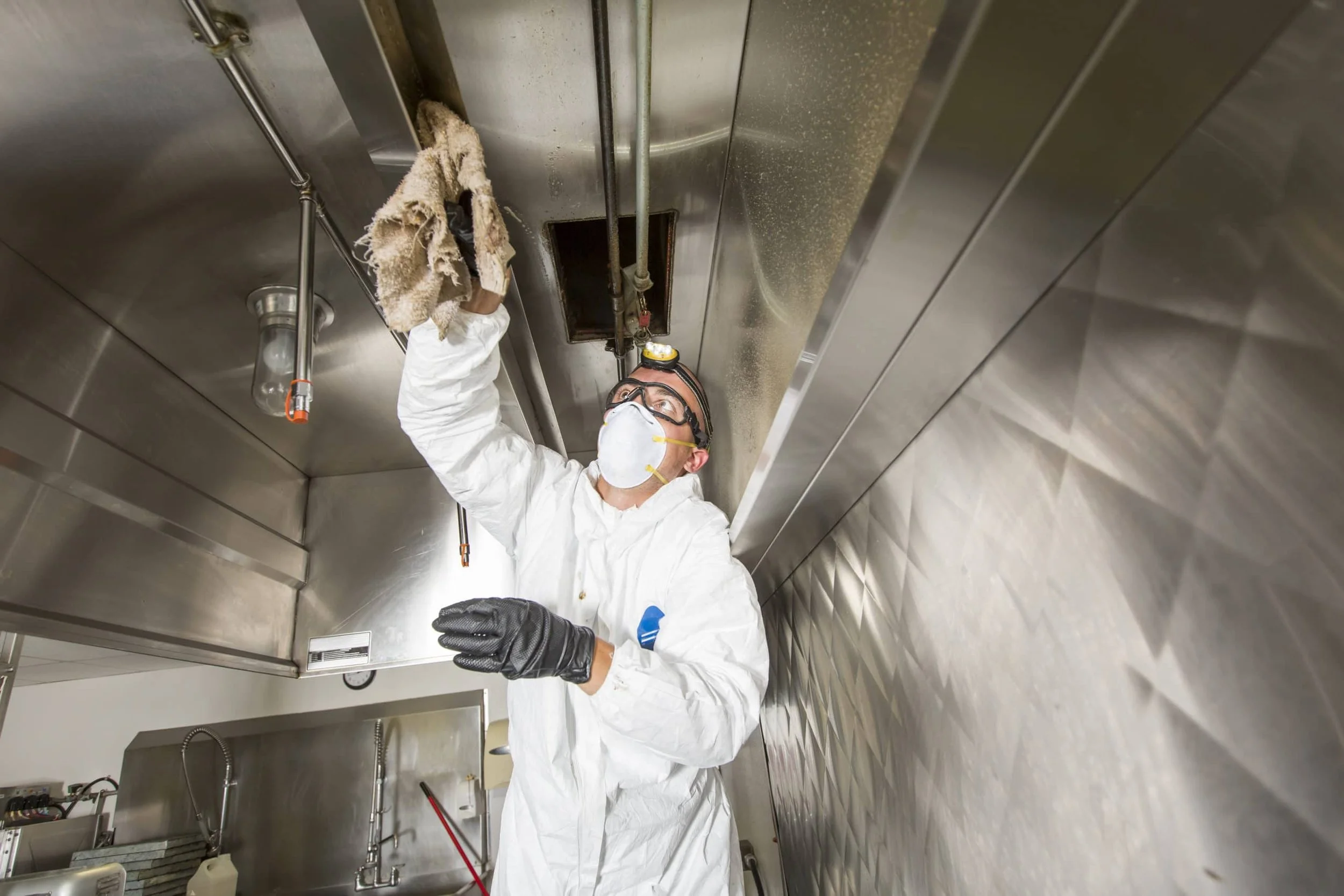Good vs. Bad Commercial Kitchen Cleaning Practices
Commercial kitchens are the heart of the restaurant industry, serving up delicious dishes day in and day out. To ensure the safety of customers and the longevity of your business, maintaining a clean kitchen is paramount. However, not all cleaning practices are created equal.
What are the differences between good and bad commercial kitchen cleaning practices?
Good Commercial Kitchen Cleaning Practices:
1. **Regular Cleaning Schedules:**
A clean kitchen starts with consistency. Establish a regular cleaning schedule that covers daily, weekly, and monthly tasks to ensure no area is neglected.
2. **Use of Professionals:**
Consider hiring professionals like www.Carolinahotwash.com for specialized kitchen cleaning services. Their expertise can help maintain a spotless environment.
3. **Thorough Grease Trap Cleaning:** In the Lowcountry region including Savannah, Charleston and Myrtle Beach the humid climate contributes to making things worse and grease buildup can be a concern. Regular cleaning of grease traps is essential to prevent fire hazards and foul odors.
4. **Proper Equipment Cleaning:**
Cleaning all kitchen equipment, from ovens to grills, ensures the safety and taste of your dishes. This includes disassembling, cleaning, and sanitizing equipment to avoid cross-contamination.
5. **Floor Maintenance:** A clean and slip-free floor is crucial for the safety of kitchen staff. Regularly deep clean and maintain kitchen floors to prevent accidents.
Bad Commercial Kitchen Cleaning Practices:
1. **Inconsistent Cleaning:**
Neglecting regular cleaning and maintenance can lead to a buildup of dirt, grease, and grime, creating unsanitary conditions and health risks.
2. **Ignoring Grease Traps:**
Failure to clean grease traps regularly can result in blockages, which can lead to unpleasant odors and even kitchen fires.
3. **Untrained Staff:**
Relying on untrained staff to perform cleaning tasks can result in ineffective cleaning, which may compromise food safety and overall cleanliness.
4. **Superficial Cleaning:**
Merely wiping down surfaces without disassembling and deep-cleaning equipment can leave behind hidden germs and grime.
5. **Neglecting Exhaust Systems:**
A neglected exhaust system can lead to a build-up of flammable grease. Ensure these systems are professionally cleaned to reduce the risk of kitchen fires.
In the Savannah, Charleston and Myrtle Beach, maintaining high standards of kitchen cleanliness is not only essential for health and safety but also for the success of your business. By following good cleaning practices and considering professional services like www.Carolinahotwash.com, you can ensure that your commercial kitchen is a clean, safe, and efficient space for both your staff and customers. Remember, the difference between good and bad cleaning practices can have a significant impact on your kitchen's overall performance and reputation. Don't cut corners; invest in cleanliness to reap the long-term benefits. For expert commercial kitchen cleaning services in Savannah, GA, Charleston SC and Myrtle Beach, visit www.Carolinahotwash.com.


